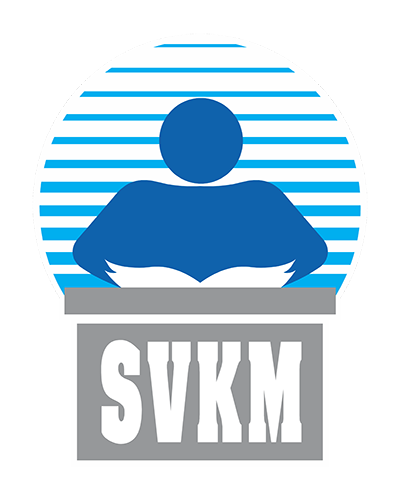Best Practice I - Holistic development and Experiential learning beyond classrooms
The approach to Holistic Development and Experiential Learning beyond the classroom aims to foster well-rounded personal and professional growth among students. This approach includes a blend of academic and co-curricular activities that enable students to gain real-world experiences, develop essential skills, and build character. Some of the activities focused on are:
- Internships and Industry Projects: The institution actively encourages students to participate in internships and real-world projects with companies and organizations. These experiences help students apply theoretical knowledge, gain industry insights, and develop skills in a practical setting.
- Workshops and Skill-Building Programs: Regular workshops, covering areas such as leadership, public speaking, and digital skills, are organized to help students develop a diverse skill set. These programs are designed to enhance both technical and soft skills, supporting personal and professional development.
- Field Trips and Industrial Visits: Theinstitution arranges field trips and industrial visits to companies, factories, and cultural sites, providing students with exposure to different industries and practical insights into business operations, production processes, and cultural heritage, etc.
Best Practice II – Social Outreach and Community Engagement
Social Outreach and Community Engagement as a best practice focuses on fostering a culture of social responsibility among students while making a positive impact on the community. These initiatives typically involve a variety of activities such as:
- Volunteer Programs: Students participate in volunteer activities, such as teaching underprivileged children, organizing health camps, or assisting at local NGOs. These programs aim to develop empathy, leadership skills, and a sense of duty in students.
- Awareness Campaigns: The institution organizes awareness campaigns on social issues, including environmental conservation, health and hygiene, mental health, and more. Students are encouraged to plan and execute these campaigns, often collaborating with local organizations for greater impact.
- Skill Development Workshops: Conducting workshops to help community members acquire new skills, such as digital literacy, entrepreneurship, or vocational training. These workshops are led by students and faculty, aiming to empower individuals and support economic development.
- Sustainable Initiatives: As part of its commitment to sustainability, the institution promotes green practices within the institution and the community. Initiatives may include tree plantation drives, waste management projects, and promoting eco-friendly habits.
- Partnerships with NGOs and Local Bodies: Active collaboration with non-governmental organizations and local government bodies to identify community needs and implement effective solutions. These partnerships enhance the scope and effectiveness of outreach programs.
- Student-Led Social Clubs: The institution encourages students to form clubs dedicated to specific causes, such as environmental conservation, literacy, or health. These clubs provide a platform for students to continuously engage with social issues and implement projects throughout the academic year.
Reports

